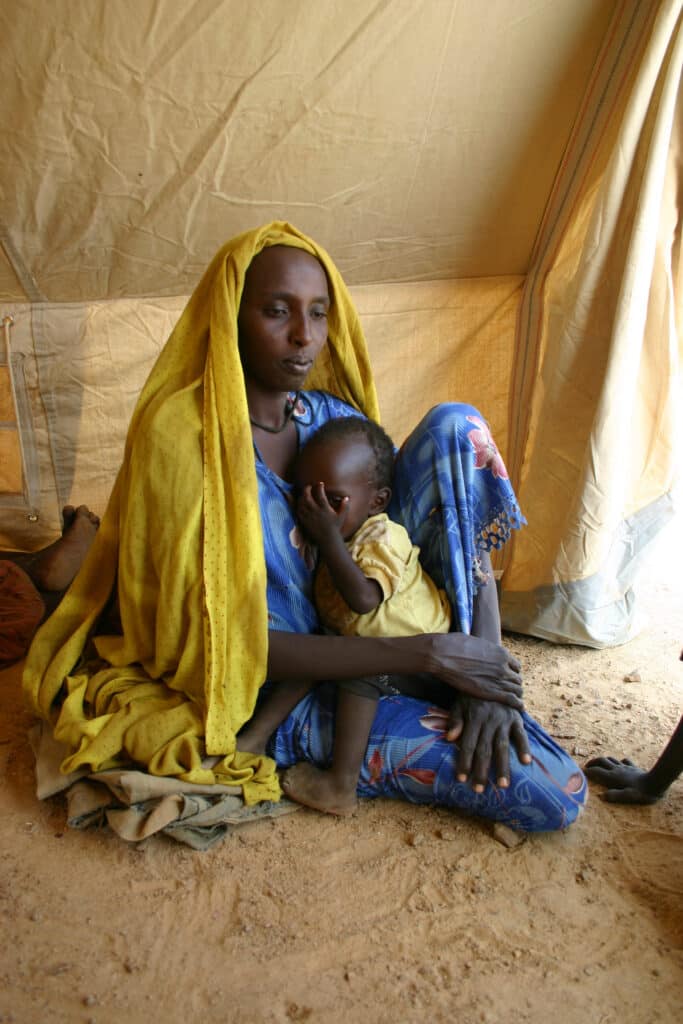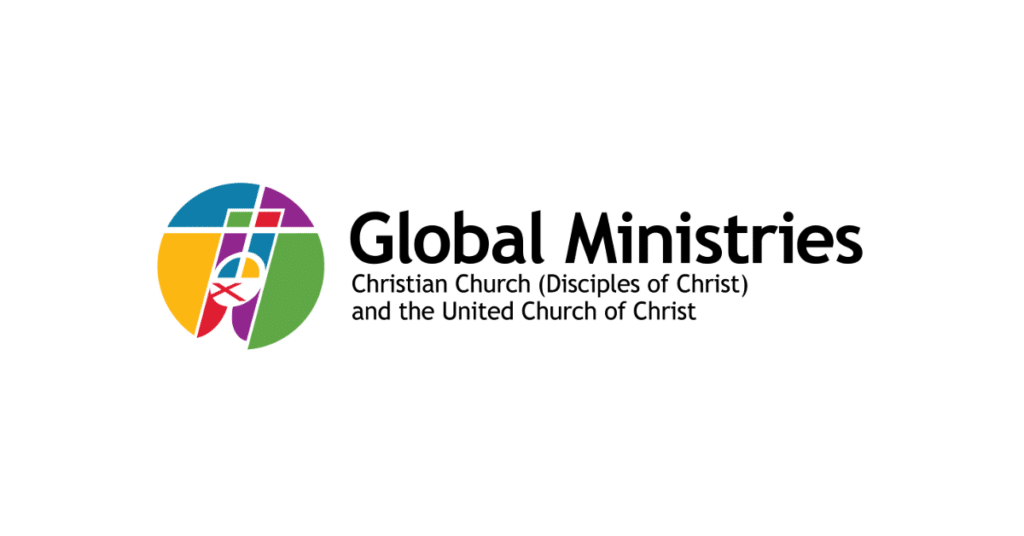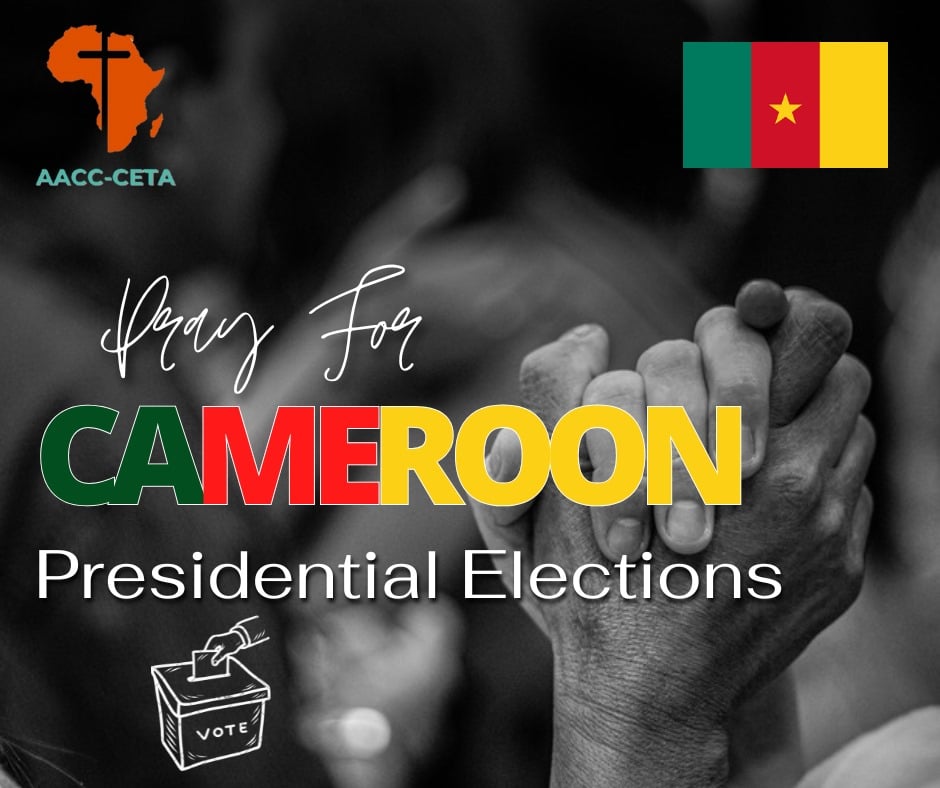Kukhany’Okusha Zion Church
Kukhany’Okusha Zion Church has been a partner church with Global Ministries since 1982. The Zionist Church in southern Africa was founded in the late 1800’s in Othaka, South Africa, by a Dutch Reformed missionary, Mr LeRoux, and an indigenous leader, Reverend Daniel Nkonyane. In 1913, the Zionist church first arrived in Swaziland at Embikwakhe, a location next to the city of Matsapha. During the next seventy years, congregations in South Africa and Swaziland maintained similar customs and gathered annually to celebrate Easter together. In 1983 the Kukhany’Okusha branch of the Zionist Church of Swaziland was established under the leadership of Bishop A. M. Dlamini, the founding and present presiding bishop. In English, Kukhany’Okusha means “new light”.
History of KZC Church
Historically, the Zionist Church in Southern Africa was founded in the late 1800’s in Othaka, South Africa by a Dutch Reformed missionary, Mr. LeRoux and an indigenous leader, Rev. Daniel Nkonyane. The Zionist Church is characterized by practices and rules, which are unique. These include: A) the use of uniforms during worship, B) the removal of shoes inside the sanctuary, C) the carrying of crosses/staffs during worship, and D) prohibition of smoking, pork products, and fermented food/beverages.
In 1913, the Zionist Church first arrived in Swaziland at Embikwakhe, a location next to the city of Matsapha. During the next 70 years, congregations in South Africa and Swaziland maintained similar customs and gathered annually to celebrate Easter together. Nonetheless, the Church began to experience theological and philosophical differences in how the Church should be administered and organized. In 1983, after six years of discussion and dialogue, the Kukhany’okusha branch of the Zionist Church of Swaziland was established under the leadership of Bishop A.M. Dlamini, the founding and present presiding bishop. In English, Kukhany’okusha means “new light.”
Today, the Kukhany’okusha Zion Church has thirty-six congregations throughout Swaziland. We have recently adopted a plan for operational and administrative reforms, which emphasize four key performance areas that will guide us in the future. They are: 1) Spiritual Growth for the Church, 2) Growth in Church Membership, 3) Financial and Material Sustenance, and 4) Love and Care for Others. We are actively involved in church building projects, preschool education, feeding programs, and extensive HIV/AIDS education programs within congregations. Although indigenous and independent, we are a member of the Council of Churches of Swaziland (the only Zionist Church that holds membership), the All Africa Conference of Churches, and the Organization of African Indigenous Churches.
How Does KZC Celebrate Easter
The Easter celebration of the Kukhany’okusha Zion Church lasts for four days. Approximately 1000 people, representing all of the branches of the KZC church attend. Easter services begin on Maundy Thursday with the first night vigil. A night vigil is a worship service that begins in the evening and continues through the night. It usually concludes at approximately six o’clock in the morning.
However, during Easter, the participants merely take a break for three hours, and then at 9am on Friday morning, the second series of worship services begin. Since worship services vary from church to church, let us pause here to say that a KZC worship service consists of the same parts of worship as a service in the USA– prayer, scripture reading, preaching, singing, and offertory. The main difference in a KZC worship service is that they all begin with approximately 30 minutes of worshipful dancing at various rhythmic speeds.
As we stated earlier, the gathered body is together for four days, so all of their meals, bathing, etc are taken care of at their largest church in Manzini, Swaziland. The Friday series of services ends at 11 pm, and then the evening is spent with all of the churches participating in a choir competition. There are so many choirs participating that they competition lasts until 6 am Saturday morning.
Saturday starts out much like Friday. Worship at 9 am, meals, showers, and a little free time. In the early evening, however, there is communion, foot washing, and prayers. In the late evening, formal worship services begin again. However, this is also when the offering is received. Instead of each person giving their offering separately, each church gets up in front of the entire church and sings their favorite songs. While they are singing, one member of the church walks around with a basket and those who have money place their offering in the basket. The amazing thing about this final offering is that all of the churches have a friendly competition as to who gives the most. Because after each churches offering is collected, it is counted, and the amount immediately reported to the rest of the church.
Finally, on Sunday (Easter) morning, all of the women (about 70% of the crowd) walk about 1/8th of a mile from the church and as they walk back begin saying, “He is risen, He is risen indeed” over and over again. As they enter the church, the entire congregation goes wild with elation, repeating and testifying that “He is risen.” As the morning continues, final prayers, songs, and affirmations are offered. Soon after, everyone begins piling in cars, vans, trucks, and buses and the trek homeward begins.
Thanksgiving
Thanksgiving is an American holiday. It is not celebrated in Swaziland by the citizenry, but many Americans celebrate it in their own way…some small celebrations, others very large.
Christmas Celebration
Easter is the foremost annual celebration in the KZC. In Swaziland, Christmas is the season in the year when the majority of people return home. You see, most people live in the cities for employment reasons. However, the majority of them are from the rural areas. So, the Christmas tradition in Swaziland (and other parts of southern Africa) is that around the middle of December, people begin migrating to their homesteads and remain there until early January. Those who remain behind, largely for employment reasons, attend services at their local branch of the church, though the size of the congregation is small. They do not really call the weeks preceding Christmas Advent; however, the worship services leading up to Christmas are celebrated with sermons that announce that Christ is coming.
Support this Ministry
To make a gift for this ministry online or by check use the online donation page.
- 100% of your gift will be directed to Kukhany’Okusha Zion Church
- You will receive updates on the work in this area as they become available
- Share in the vision of God’s abundant life for all people
Related Content
Faith, Advocacy, and Solidarity Amid Sudan’s Deepening Crisis
Since April 2023, Sudan has been engulfed in a brutal conflict between the Sudanese Armed Forces...
Read More“Great Things are Happening at Global Ministries” fall webinar series
Global Ministries launched its "Great Things Are Happening at Global Ministries" fall webinar...
Read MoreAll Africa Conference of Churches Prayer Alert for Cameroon’s General Elections
Ecumenical Greetings from the Secretariat of the All Africa Conference of Churches. The...
Read More


